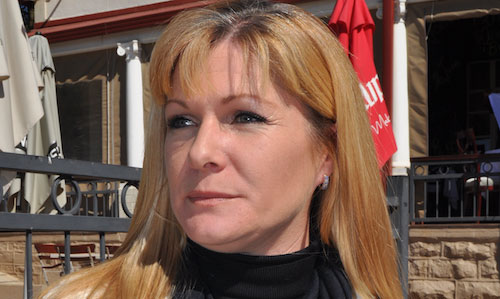
[By Juanita Clark]
News that the City of Tshwane is planning to publish new bylaws to facilitate and regulate the laying of fibre-optic cables is good news. They need to be published as soon as possible and one hopes the rest of the country follows suit — all local authorities ought to adopt these bylaws.
Municipalities have a responsibility to commuters and pedestrians and we understand they need to protect their citizens against injury or accidents resulting from fibre deployments, but what is encouraging is that Tshwane is not trying to inhibit the roll-out of fibre. Rather, it has come up with proactive plans to allow trenching to proceed as fast as possible while putting measures in place to protect their assets as well as commuters and pedestrians. It’s a win-win for all.
Ensuring minimum standards are used for the building of infrastructure will guarantee the playing fields are level and that substandard deployments do not take place.
Not all fibre is equal and we have witnessed many substandard build projects where speed is the most critical component and quality comes last. The lifespan of fibre is at least 15 years. However, the quality of installation is imperative to ensure its lifecycle is maximised.
Most companies adopt standards for deployment, but they then outsource the actual civil construction work. Installers and civils contractors ought to be certified fibre installers and meet minimum standards and best practice frameworks. This is the only way property management companies will know that when they allow fibre-civils companies into their business parks that these companies and workers are certified and equipped to do the job.
It’s great that Tshwane is developing these bylaws, and we hope local authorities follow suit, but it’s still important for the department of communication and the Independent Communications Authority of SA to consider regulating the industry at national level. It is important that:
— They consult with the private sector on where and how they can partner in delivering broadband to communities, especially since private capital has shown a willingness to support government.
— They come up with rules and regulation in consultation with industry, and not in isolation.
It’s also important to understand where all levels of government will be playing. There are so many disparate strategies that are being announced, and all local authorities, provincial authorities and now national government are announcing their own plans. Are they talking to each other and driving a complementary strategy or are we facing duplication on a massive scale?
This is a capital-intensive business — public-private partnerships could support government in its aims of taking broadband to all communities faster and more cost effectively. Through thorough consultation government can help SA leap frog the rest of the world, and that is important since broadband penetration is internationally treated as a key economic indicator.
- Juanita Clark is CEO of FTTH Council Africa
- Subscribe to our free daily newsletter
- Follow us on Twitter or on Facebook

